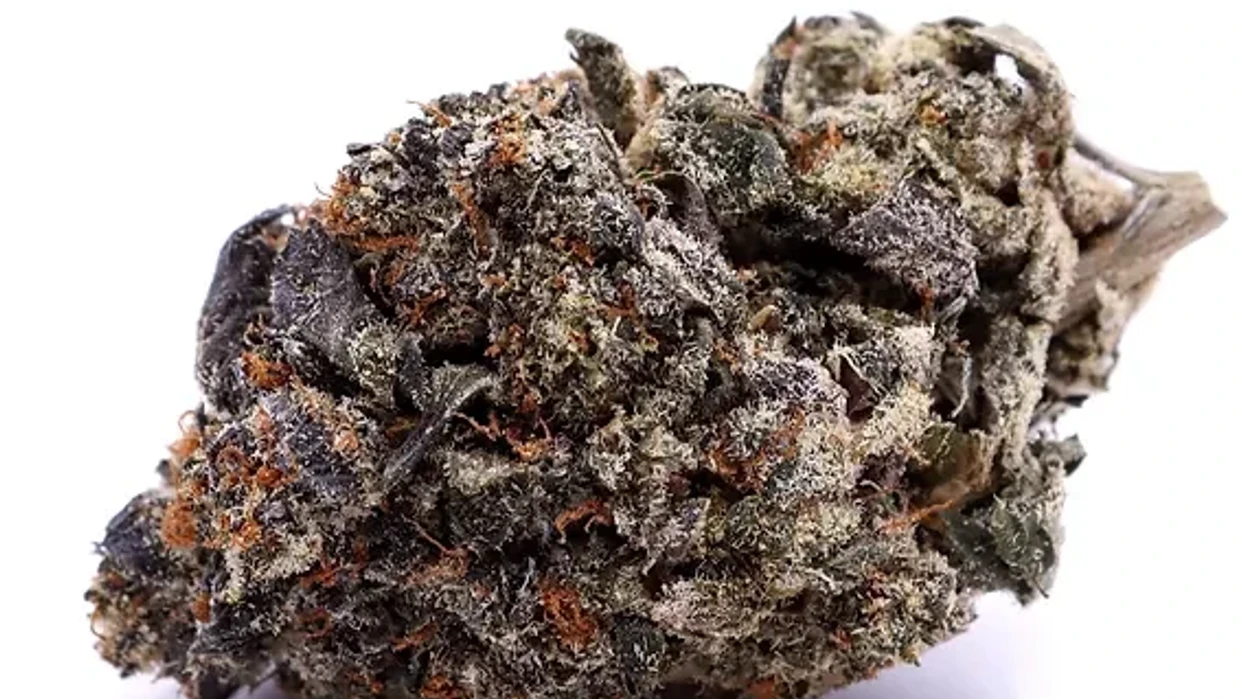Now that voters in Arizona, Mississippi, Montana, New Jersey, and South Dakota have approved new cannabis measures, stakeholders entering the space will still have to contend with one of the industry’s most pressing challenges: banking.
One of the top minds in this area is Ralf Kaiser, CEO of Integrated Compliance Solutions, LLC, which helps cannabis companies in the legal adult-use markets with banking issues.
Because cannabis is so tightly regulated, plant-touching companies must track their crops from seed to sale to maintain their state license. Kaiser’s company helps track the data through a SEED-TO-BANK (TM) service. Banks appreciate this since it means the money they are receiving is from a legitimate source.
According to Kaiser, BDS Analytics reported in 2019, 80 percent of all cannabis sales in California were black market sales, as were 70 percent of Massachusetts sales. Thus, banks have a reason to be wary.
Risk Versus Opportunity in Cannabis Banking
The U.S. Treasury Department tracks suspicious banking transactions. And because cannabis is a Schedule I controlled substance, they seem to be keeping a close watch on banks working with cannabis companies.
For instance, Parke Bank was known in the industry for successfully accepting cannabis related businesses. However, they have recently come under scrutiny by bank regulators regarding their compliance programs. Parke Bank was also quick in taking the necessary measures to increase supervision of its compliances programs, according to S&P Global.
However, there will be a strong need for more banks to accept cannabis clients within the emerging state-level markets. And despite the risks, there are advantages to a financial institution being a first mover in the marketplace, Kaiser explained.
“If the bank steps up today, or the credit union steps up today, they can capture a lot of the market,” he said. Companies need help processing, raising, and collecting money.
Peter Su is the Vice President of BNB Bank and handles their cannabis banking program. Despite the program being about a year old, they have built a large cannabis banking practice.
“It’s been great,” Su said. “We’ve seen tremendous growth and interest in that arena.”
While based in New York City, BNB Bank has many New Jersey clients. Their clients include family offices investing in and lending to cannabis companies, CBD and hemp farmers, processors, and ancillary businesses such as cannabis tech platforms. They have no plant-touching clients but are open to them.
“A lot of new money is jumping into the space and existing operators are branching out,” Su said.
For example, one of their clients is a packaging company that opened a new division to market to the cannabis industry.
“In cannabis, everything is new,” Su said.
Other Factors to Consider in Cannabis Banking
Sometimes banks will do deals with an existing client if they are entering the cannabis market.
However, they still need to follow all the procedures for that one client. Thus, it can be cost-prohibitive for a bank to have only one or two clients that require a great deal of scrutiny.
Ancillaries as well as plant-touching businesses can be problematic since they have also been suspected of depositing black market funds.
“It really depends on the financial institution, and the ancillary business, and the state,” Kaiser said on a cannabis company finding a bank willing to do business. “Overall, it depends on the situation.”
Kaiser noted the cannabis market is fragmented in the U.S. Thus, the challenges and opportunities for a dispensary in Florida are different than one in Missouri.
He also revealed that community banks and credit unions are typically more willing to do business with cannabis businesses than well-known banks.
“For the right community bank, it’s the perfect opportunity,” Kaiser said, adding that cannabis companies could be very lucrative clients for banks.
Banks a Critical Component of Industry Growth
While New Jersey, for instance, has had medical cannabis for the past decade, the state’s cannabis market is in its infancy in banking, Kaiser emphasized.
The cannabis industry can only grow to its full potential if companies find banks willing to do business. Kaiser explained that when a business doesn’t have a bank account, it’s very difficult to process payroll, send payments to vendors, and pay insurance.
“A handful of banks and credit unions could really support the industry and its growth,” Kaiser said.
Some cannabis operators are also looking into blockchain and other alternative solutions to banking and payment services.
Cannabis Banking is a “Political Hot Potato”
Many of the issues with banking cannabis companies would be solved with the passage of the SAFE Banking Act, which would allow banks to accept cannabis clients without fear of retaliation from the Treasury Department. But this is only a half-measure. Full legalization erases the issue completely.
Kaiser has been to Capitol Hill and spoken to Members of Congress on the nuances of banking issues and the SAFE Banking Act including Mike Crapo (R-ID), Chair of the Senate Banking Committee.
“It is a political hot potato,” Kaiser said.
Crapo and Senate Majority Leader Mitch McConnell (R-KY) have indicated they do not plan to advance the bill, despite its passage through the House of Representatives on multiple occasions.
You don't want to miss out on GREAT cannabis content - or do you? Sign Up for The Bluntness newsletter today (it's free!).
















 Psilocybin can provide a life-altering experience.
Psilocybin can provide a life-altering experience. “Don’t diddle the dose. Once you have done your homework, go for it.” -- Terence McKenna
“Don’t diddle the dose. Once you have done your homework, go for it.” -- Terence McKenna These mushrooms taste gross, but there are ways around that.
These mushrooms taste gross, but there are ways around that.